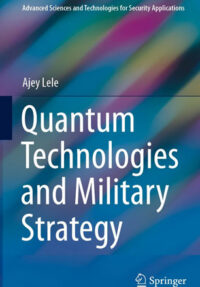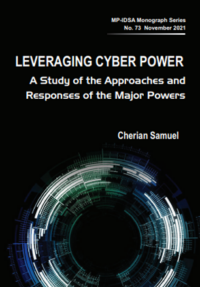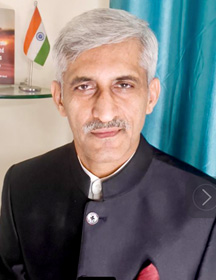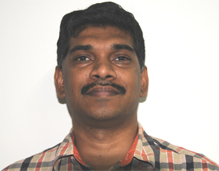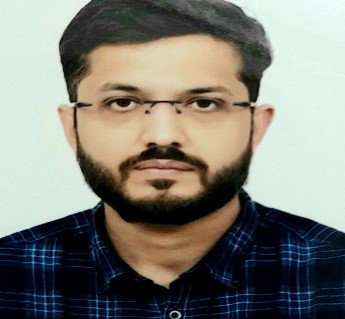A Phased Approach to India’s Missile Defense Planning
India's missile defence explorations had long been hindered by its limited access to advanced interception technologies and slow pace of indigenization. India is now developing lower- and upper-tier systems for air and missile defence applications, while also aspiring for longer range exoatmospheric interception capability. However, considering that India's requirements are skewed towards lower tier threats, it is prudent to have an all-inclusive architecture that can meet all realistic threats (including air-breathing), with limited financial and political implications.
- A. Vinod Kumar
- March 2008


